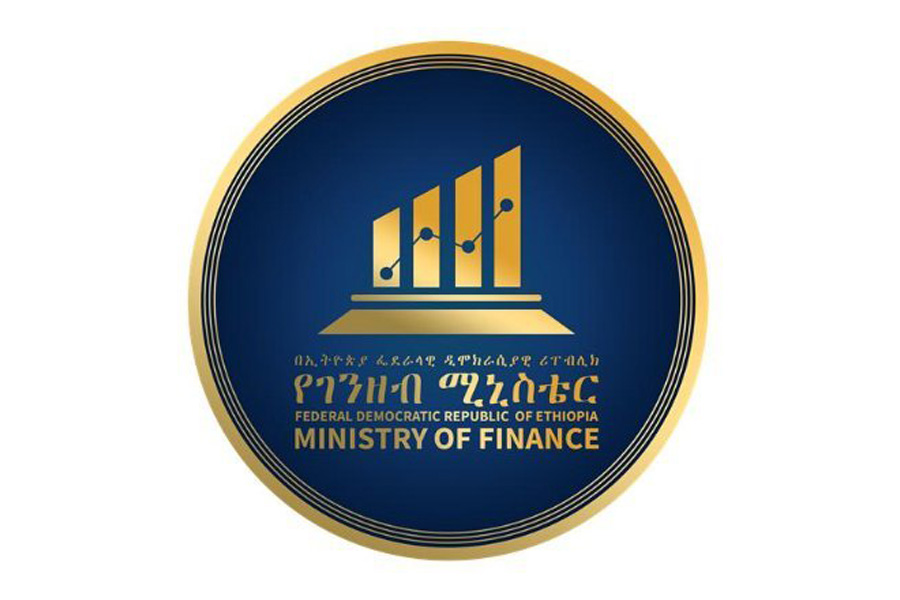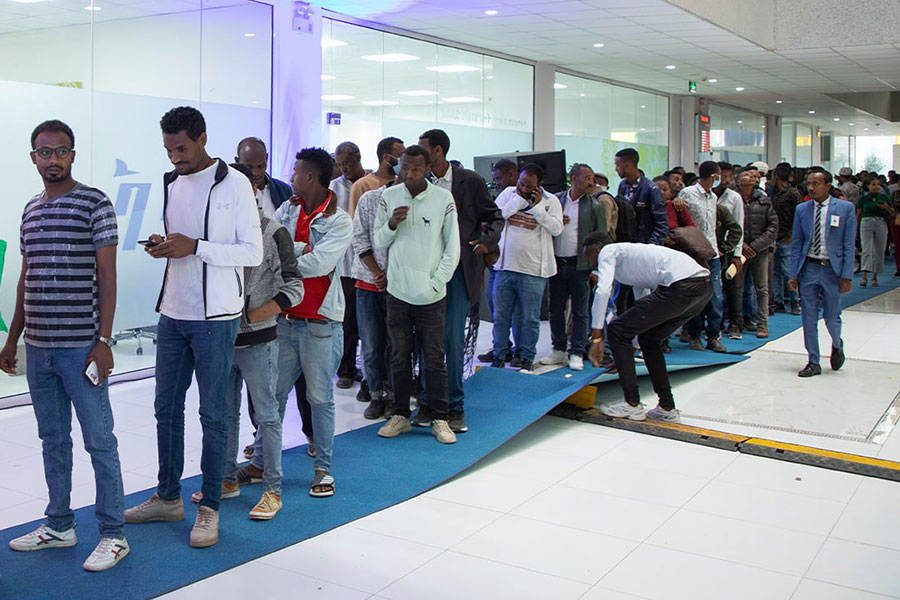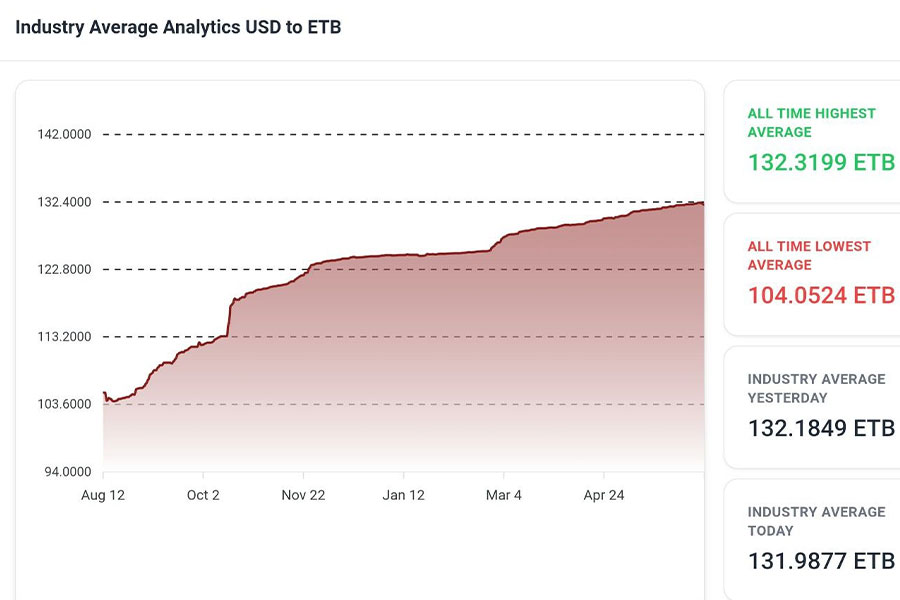
Radar | Feb 11,2023
Jul 27 , 2024
By Kidist Yidnekachew
While I was patiently waiting in line for a taxi the other day, a lady suddenly appeared out of nowhere and hopped into one, causing an uproar. I was quite upset by this blatant disregard for the queue. She seemed oblivious to the chaos she caused and simply stated that she did not realise there was a line. Since the taxi stopped in front of her, she decided to take advantage of the situation.
The very next day, I spotted the same lady waiting in line. Her bright attire makes her easily recognisable. As we all waited for our turn, a man slyly pretended to inquire about the taxi's destination and swiftly boarded the approaching cab, leaving her fuming. I could not help but chuckle at her reaction. When she questioned my amusement, I pointed out that she was now experiencing the frustration she had caused the day before. She fell silent, glancing around to see if anyone else remembered the previous incident, only to find one person nodding in agreement.
This incident served as a reminder of the double standards, particularly when it comes to issues of fairness and justice. It showed how individuals tend to only take notice of injustice when they are affected by it, showcasing the hypocritical nature. This phenomenon is supported by psychological research on the "actor-observer bias," where people attribute their actions to situational factors but others' actions to their character flaws.
A key element in this struggle is the concept of mental accounting, introduced by Richard Thaler. People tend to categorise their experiences and actions based on the stories they tell themselves. For instance, a negative encounter at a restaurant is labelled as "poor customer service," while a similar incident at a friend's gathering is dismissed as a "one-time mistake." This mental accounting helps to uphold a positive self-image and offers a shield from the discomfort of acknowledging one's own hypocrisy.
The complexity of motivational dissonance arises when our beliefs clash with our actions, causing inner turmoil. This discomfort prompts us to either adjust our behaviour or find ways to rationalise our choices, such as downplaying the consequences, blaming external factors, or using moral justifications. Social influence impacts our perception of fairness, as we tend to conform to the norms and expectations of our surroundings. In environments where overworking is normalised, individuals may not realise the unfair distribution of workload because it aligns with the established practices, even if it leads to imbalance.
System justification theory suggests that humans have a natural inclination to view the social systems we are part of as just and fair. This inclination can result in us justifying inequalities and turning a blind eye to the injustices present. For instance, individuals benefiting from inherited wealth may struggle to acknowledge the privileges it affords them over those from less advantaged backgrounds.
We tend to overlook the broader implications of our actions, focusing only on immediate consequences. A small act of bias can contribute to larger systems of oppression, yet this connection eludes us at an individual level. Unravelling these layers of influence is essential to breaking down the barriers that prevent us from recognising injustice within ourselves. To bridge this gap, we must question the narratives we create around our behaviour and challenge our biases.
Embracing discomfort as a catalyst for growth allows us to reassess our actions and realign our values. We need to analyse and critique societal structures for biases and unfair practices.
Through these practices, we can move beyond reacting to injustice and instead cultivate a proactive understanding of fairness in both external situations and our conduct. Recognising injustice within ourselves demands a commitment to continuous learning and a willingness to confront uncomfortable truths. It is a journey of self-discovery and social responsibility, where we acknowledge our imperfections while striving to create a world where fairness is a universal right for all.
PUBLISHED ON
Jul 27,2024 [ VOL
25 , NO
1265]


Agenda | Jul 17,2022

View From Arada | Sep 03,2022

Money Market Watch | Jun 15,2025

Fortune News | Aug 11,2024

Viewpoints | Oct 20,2024

Photo Gallery | 175277 Views | May 06,2019

Photo Gallery | 165501 Views | Apr 26,2019

Photo Gallery | 155812 Views | Oct 06,2021

My Opinion | 136794 Views | Aug 14,2021

Dec 22 , 2024 . By TIZITA SHEWAFERAW
Charged with transforming colossal state-owned enterprises into modern and competitiv...

Aug 18 , 2024 . By AKSAH ITALO
Although predictable Yonas Zerihun's job in the ride-hailing service is not immune to...

Jul 28 , 2024 . By TIZITA SHEWAFERAW
Unhabitual, perhaps too many, Samuel Gebreyohannes, 38, used to occasionally enjoy a couple of beers at breakfast. However, he recently swit...

Jul 13 , 2024 . By AKSAH ITALO
Investors who rely on tractors, trucks, and field vehicles for commuting, transporting commodities, and f...

Oct 18 , 2025
The political establishment, notably the ruling party and its top brass, has become p...

Oct 11 , 2025
Ladislas Farago, a roving Associated Press (AP) correspondent, arrived in Ethiopia in...

Oct 4 , 2025
Eyob Tekalegn (PhD) had been in the Governor's chair for only weeks when, on Septembe...

Sep 27 , 2025
Four years into an experiment with “shock therapy” in education, the national moo...

Oct 18 , 2025 . By NAHOM AYELE
In a sweeping reform that upends nearly a decade of uniform health insurance contribu...

Oct 18 , 2025 . By BEZAWIT HULUAGER
A bill that could transform the nutritional state sits in a limbo, even as the countr...

Oct 18 , 2025 . By SURAFEL MULUGETA
A long-planned directive to curb carbon emissions from fossil-fuel-powered vehicles h...

Oct 18 , 2025 . By BEZAWIT HULUAGER
Transaction advisors working with companies that hold over a quarter of a billion Bir...